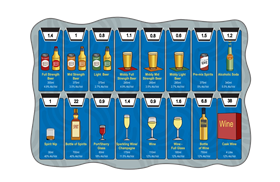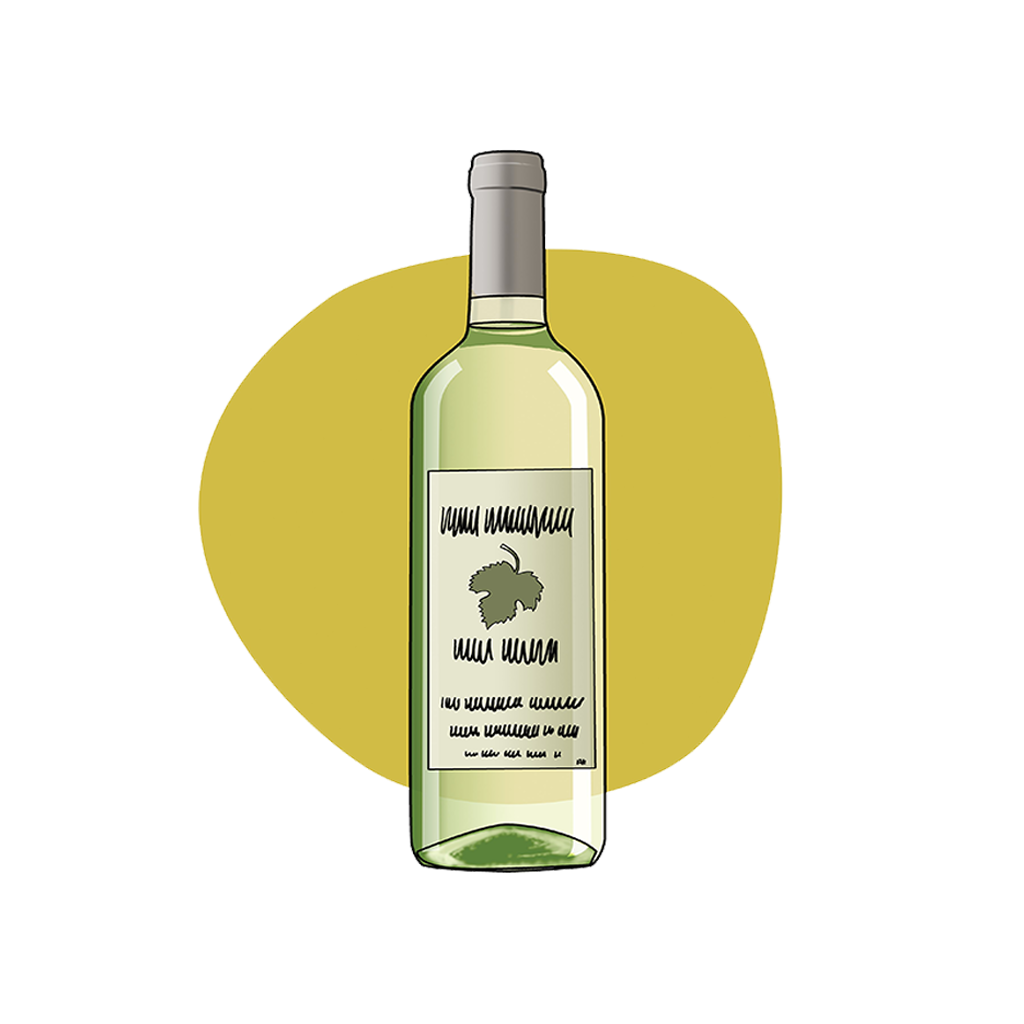There are a lot of risks associated with alcohol. Risks are dependent on how much alcohol is consumed and if you have any medical conditions or take any medications. Your age and overall physical health also factor in. Below are some of the risks:
- An increased risk for damage to the heart or heart disease
- Increased heart rate and high blood pressure
- Tiredness and trembling
- Headaches and nausea
- Poor or interrupted sleep
- Blurred vision and confusion
- Cause damage to your liver or liver disease
- Passing out, overdose and alcohol poisoning
- Alcohol can harm the brain including cognitive issues like; problems concentrating, problems with memory
What women need to know about alcohol:
Women absorb more alcohol and take longer to metabolize it leading to women having higher blood alcohol levels when drinking. These differences make women especially susceptible to the long-term negative health effects of alcohol. Other associated harm includes:
Increased risk of breast cancer:
- There is an increased chance of developing breast cancer when there is an increased alcohol intake.
- This is through the way alcohol changes your hormone levels and the metabolism of a harmful chemical in alcohol called ethanol.
- Studies show that women who consume about 1 drink per day have a 5 to 9 percent higher chance of developing breast cancer than women who do not drink at all.
Fertility and Pregnancy:
- Drinking alcohol can affect your body's ability to get pregnant.
- Even light drinking make it harder to get pregnant and increase the risk of complications.
- Alcohol use is also associated with higher chance of miscarriages
- There is no safe amount of alcohol and other drug use in pregnancy. Our children need to be born healthy so they have a strong spirit and a strong mind.
What men need to know about alcohol
Men are statistically more likely to engage in risky drinking than women. Men can experience lots of changes in their body and there are a range of risk and harm some include:
Increased risk of testicular cancer:
- There is an increased chance of developing testicular cancer when there is an increased alcohol intake
- This is through the way alcohol changes your hormone levels and the metabolism of a harmful chemical in alcohol called ethanol
- Studies show consistent consumption of alcohol can increase the risk of developing this cancer by over 50%
Fertility and Sex:
- Drinking alcohol can affect your body's fertility in turn affecting your ability to have children
- Alcohol can negatively affect libido and the ability to have erections
Parent social and emotional wellbeing
As a new parent, you may notice differences in your life once baby arrives. Along with excitement and joy, you may be feeling tired, and overwhelmed. Many parents go through a lot of different emotions, especially after the baby is born. It is a time of adjustment for you and your baby.
Family and friends can support you to give your baby a strong spirit and strong future. It is useful to yarn family and friends about ways to keep babies strong and healthy.
Healthy choices for pregnancy: Mums and Dads
Not drinking alcohol, smoking tobacco and using drugs is the safest choice for your for growing a strong baby and helps provide a safe and supportive environment. Both parents can support each other to play a part in keeping our babies strong. Other things you can do to stay healthy and grow a strong baby include:
- Regular check-ups with your health worker
- Daily exercise or physical activity
- Lots of sleep and rest
- Plenty of healthy food and water
- If possible, avoid stressful situations
- Take care when lifting heavy objects
- Attending pre-natal appointments
- Yarning with your partner about supporting their decision not to drink alcohol, use drugs or smoke tobacco
- Going with their partners to antenatal classes
- Offering and supporting alcohol-free alternatives
- Eating healthy and exercising with their partner
- Yarning with family, friends and health workers about how to keep your baby strong and healthy
- Yarn with your health worker if you are worried or would like to know more about the risks of alcohol, tobacco or other drug use during these times
Remember it's not just up to mums... Dads are important too and can make healthy choices to reduce their alcohol, tobacco and other drug use to support their partners and families.

What is a Standard Drink?
- If you drink, it is important to keep track of how much alcohol you are drinking.
- A standard drink measures the amount of pure alcohol in a drink, not the amount of liquid.
- One standard drink contains about 10 grams of pure alcohol.
- Each of these drinks in the image above is a standard drink, they all contain about 10 grams of pure alcohol.
- Alcoholic drinks contain different amounts of alcohol.
- The standard drinks symbol shows approximately how much alcohol each type of drink contains.
- Different brands can contain different amounts so it is always a good idea to check the label.
What is Harmful Drinking?
Harmful drinking is when you have MORE than the recommended daily amount.
- Harmful drinking can damage your health and can lead to alcohol poisoning.
- Harmful drinking is dangerous because there is an increased risk that you will get drunk or intoxicated.
Problems with being drunk or intoxicated
Being drunk or intoxicated causes problems for you and mob around you.
- When you are drunk or intoxicated you may say things you would not normally say or do things that you would not normally do.
- Too much alcohol can affect your mind and make you feel really down or blue.
- Alcohol can affect your judgement and you are more likely to do things like start fights, have unsafe sex, drive drunk and break the law.
- When you are drunk you cannot look after yourself, your family, or your children properly, and you might neglect them or put them at risk.
Page last updated9 July 2024


